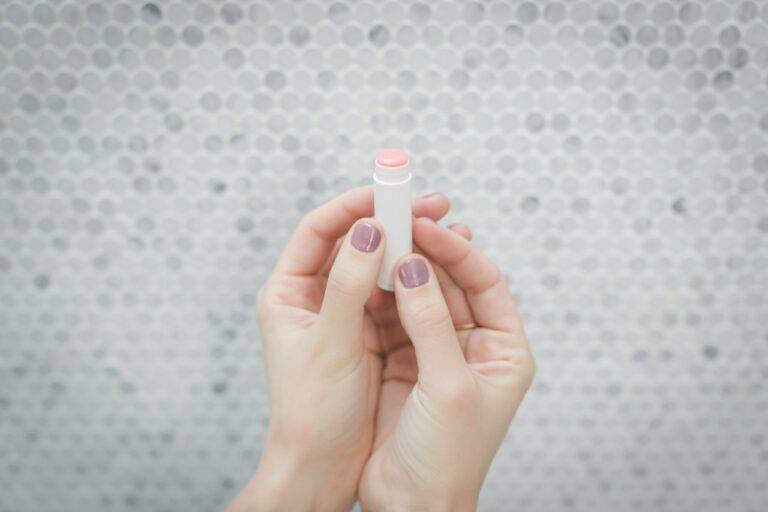How to Create a Nutrition Plan for Eye Health
11xplaylogin, king567 sign up, skyinplay:Maintaining good eye health is essential for overall well-being, and one way to support healthy vision is through proper nutrition. By including specific nutrients in your diet, you can help protect your eyes from conditions such as age-related macular degeneration, cataracts, and dry eyes. In this article, we will discuss how to create a nutrition plan for eye health to ensure you are getting the essential nutrients your eyes need.
1. Include Antioxidants in Your Diet
Antioxidants play a crucial role in protecting your eyes from oxidative stress and damage. Foods rich in antioxidants include fruits such as berries, oranges, and kiwi, as well as vegetables like spinach, kale, and bell peppers. Incorporating these foods into your daily meals can help maintain healthy eyes.
2. Omega-3 Fatty Acids
Omega-3 fatty acids are another essential nutrient for eye health. Foods high in omega-3s include fatty fish like salmon, mackerel, and sardines, as well as chia seeds, flaxseeds, and walnuts. These fatty acids help reduce inflammation in the eyes and support overall eye health.
3. Vitamin A
Vitamin A is important for maintaining good vision, especially in low light conditions. Include foods rich in vitamin A such as carrots, sweet potatoes, and leafy greens like spinach and kale in your diet to support healthy eyesight.
4. Lutein and Zeaxanthin
Lutein and zeaxanthin are carotenoids that are beneficial for eye health, particularly in preventing age-related macular degeneration. Foods high in these nutrients include egg yolks, corn, and leafy green vegetables like spinach and kale.
5. Zinc
Zinc is a mineral that is essential for eye health, as it helps transport vitamin A from the liver to the retina to produce melanin, a protective pigment in the eyes. Include zinc-rich foods such as red meat, poultry, seafood, nuts, and seeds in your diet to support healthy vision.
6. Hydrate
Staying hydrated is important for overall eye health, as dehydration can lead to dry eyes and eye strain. Drink plenty of water throughout the day and limit your intake of caffeinated and alcoholic beverages to keep your eyes hydrated and healthy.
FAQs:
Q: Can supplements replace a healthy diet for eye health?
A: While supplements can be beneficial in ensuring you are getting enough nutrients for eye health, it is always best to focus on a healthy diet rich in a variety of fruits, vegetables, and whole foods.
Q: How often should I get my eyes checked?
A: It is recommended to have a comprehensive eye exam every one to two years, or as directed by your eye care professional, to monitor your eye health and address any issues early on.
Q: Are there any specific foods to avoid for eye health?
A: Limiting your intake of processed foods, sugary snacks, and trans fats can help support good eye health and overall well-being.
Incorporating these nutrient-rich foods into your diet can help protect your eyes and support good vision throughout your life. Remember to consult with your healthcare provider or a registered dietitian to create a personalized nutrition plan that meets your specific needs. By prioritizing eye-friendly foods, you can take proactive steps to maintain optimal eye health and prevent vision problems in the future.







